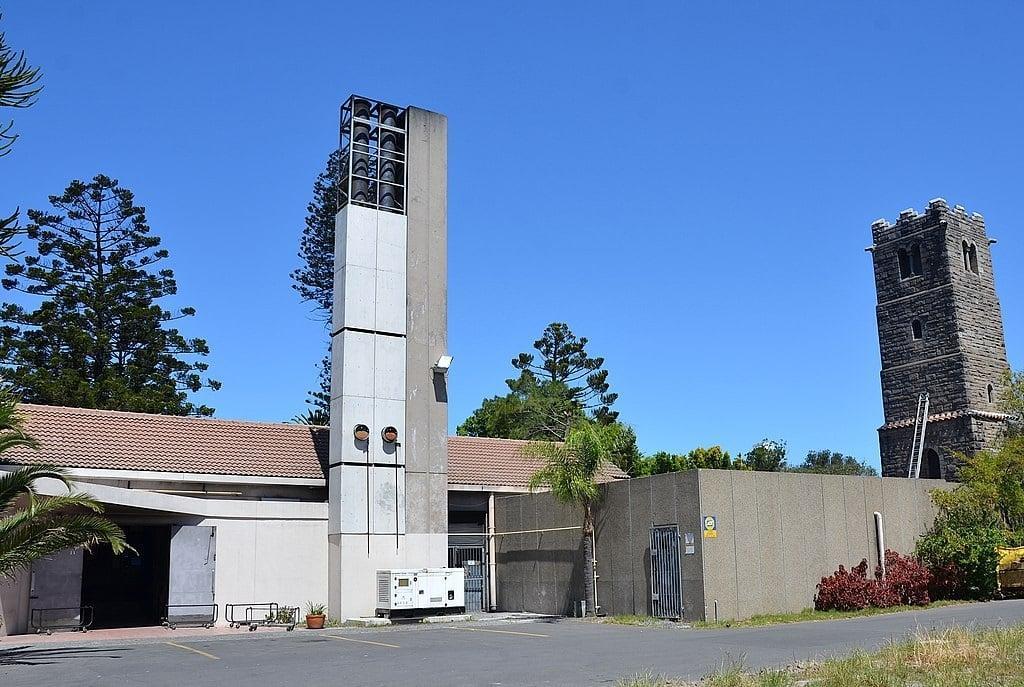Africa-Press – South-Africa. Cape Town crematoriums have reportedly suffered major backlogs, with millions being lost by the funeral industry, crematoriums and people who have just lost their loved ones.
Johan Rousseau, chairperson of the Funeral Industry Reformed Association (FIRA), said storing bodies was becoming nearly impossible due to the limited crematoriums and storage facilities available in the province.
Crematoriums are running at over 30% capacity since the closure of the Drakenstein Crematorium in February, he said.
“Bodies are piling up. Deceased people have to be embalmed, which is an additional cost, or they must be transported from one province to the next at additional costs to the public, [money] which people don’t have when they bury their loved ones,” said Rousseau.
There are currently four crematoriums operating in the Western Cape, Durbanville, Maitland, George and Worcester, he added.
“Families have been waiting and are still waiting for their loved one’s ashes to be sent to them months after the funeral.”
Rousseau said the limited space at crematoriums was so dire, that bodies had to be driven to other provinces to be cremated.
Situation in Drakenstein Crematorium
Earlier this year, the Cape Winelands District Municipality’s municipal health services requested Drakenstein Crematorium cease all cremations.
Municipal spokesperson Jo-Ann Otto said this was to ensure compliance with the atmospheric emission licence under the Air Quality Act.
“Drakenstein Crematorium has complied with the request,” said Otto.
Drakenstein Crematorium manager, Danny Schoeman, confirmed to News24 that the crematorium was non-operational.
“We were closed as we failed our carbon monoxide emissions as per the newly stipulated regulations/spectrum,” he said.
Schoeman explained that there were certain limits for emissions that they needed to comply with as per the Air Quality Regulations.
“When we cremate, and our emissions exceed the stipulated limitations, then we can become or be made non-operational until we can cremate or operate within the said limits.”
Government interventions
Environmental threats, harmful gases or pollutants emitted are some of reasons why the crematorium closed down.
Schoeman added that the crematorium was busy with upgrades to its incinerator to ensure compliance was met.
The upgrades could cost the company between R720 000 and R1.2 million.
“It needs to be done for us to be operational again. We anticipate and hope to be operational soon,” he added.
Meanwhile, Rousseau said he was concerned about reports that animals had been cremated at Drakenstein Crematorium, which he said was only supposed to be used for humans.
“That is a huge concern. How is it possible that humans and animals are cremated in one space?”
However, Schoeman, said they had a licence to cremate animals.
“We do have a licence to do pet cremations, but this was subsequently discontinued due to the volumes of human remains that were, and are, in much-needed demand,” Schoeman said.
He said the last pet cremation was in January.
“This was when the influx and volumes of human cremations started escalating,” Schoeman explained.
The Department of Local Government, Environmental Affairs and Development Planning spokesperson Wouter Kriel said they were aware of the cremation industry’s struggles.
“It is a combination of events that has led to this situation, including capacity taken offline for maintenance, unforeseen breakdowns, and compliance issues,” said Kriel.
He said that together with the health department, they were working with the industry to find short-term solutions to address the immediate backlog that exists. They are also analysing longer-term solutions.
Unclaimed bodies
Last month News24 reported that 290 unclaimed bodies were lying in the province’s morgues.
When a deceased person entered the system, and no one came forward to claim the body, it was deemed unidentified after seven days.
Health department spokesperson Mark van der Heever previously said the department followed various processes to identify the unclaimed body, starting with taking their fingerprints and checking them against the criminal record database to determine if they had a record.
“If so, the name and last known address will be checked by an investigating officer. If the address or name given was false, we will send the fingerprints to the Department of Home Affairs via the police to check against the National Population Register,” he added.
Meanwhile, Rousseau said he was concerned about the risk of disease spreading as a result of the bodies piling up.
“[The piling up [of] bodies at public and private mortuaries is a major concern because it poses serious health threats,” he warned.
For More News And Analysis About South-Africa Follow Africa-Press






